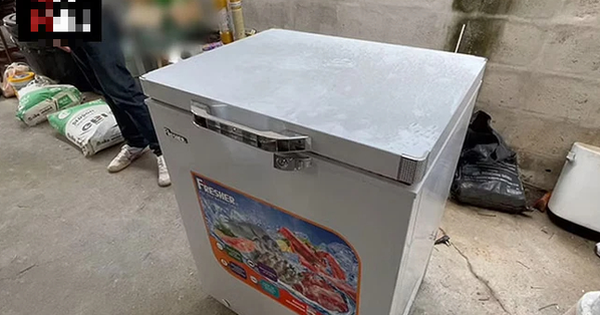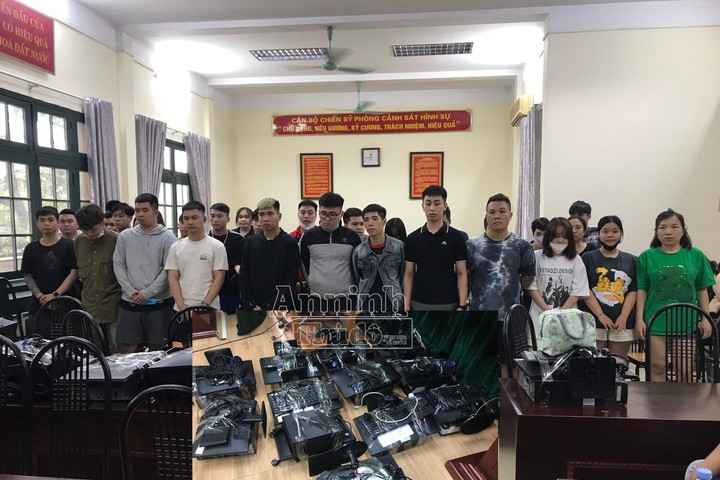Rising inflation caused the cost of lunches for office workers to skyrocket, but they have not found an alternative.
At noon on Friday, the Gwanghwamun area was packed with office workers going to lunch. A long line of people waited outside the famous cold noodle shop, trying to find a short break from the hot weather.
The Covid-19 epidemic has cooled down, leaving small business owners hoping to make up for the damage after two years of closure. But they soon faced another difficulty: rising inflation.

Jongno Street is crowded with people going to lunch on June 3. Image: Lee Yeon-woo/Korea Times
Consumer prices rose by 5.4% in May, compared with the same period last year, marking the strongest increase in 13 years and 9 months, data from Statistics Korea released on June 3 showed.
“Please understand that we have to increase all menu items by 500 won (9,000 VND) due to inflation,” a restaurant near Jonggak subway station posted a notice. Most of the eateries at the Gwanghwamun intersection also had to edit their menus for the same reason.
But customers themselves also face difficulties.
In a survey of 1,004 office workers by the job search portal Incruit, 56% answered “very stressful” when eating lunch outside, 39.5% feel “less pressure” and only 0.2 % indicates no burden at all.
Lee Ga-young, an office worker, said that on average, it costs 13,000 won (240,000 VND) for lunch, 9,000 won (160,000 VND) for extra food and 4,000 won for coffee.

Prices are changed on a menu board displayed in front of a restaurant in Jongno, June 3. Image: Lee Yeon-woo/Korea Times
According to the Korean Consumer Agency, the average price of the traditional noodle dish “kalguksu” in Seoul is now 8,077 won, up from 6,692 won in 2018. Mixed rice “bibimbap” has risen from 8,830 won to 9,392 won for the same amount of time. time.
Leong Mi-kyung, an office worker who has worked for five years in Gwanghwamun, expressed concern over skyrocketing prices. “Even gimbap (seaweed rolls) is expensive. Sometimes I still invite junior staff to lunch and feel pressured to pay. I fear inflation will persist,” Mi-kyung said.
Prices for lunch skyrocketed due to inflation, making the term “lunch inflation” popular in Korea. But office workers find it difficult to find an alternative.
Cho, 28, used to bring lunch and eat at the office when Covid-19 broke out. “This helps me save money, but the working hours feel longer than before. In addition, preparing food every morning is also very tiring and annoying,” said the female office worker.
Minh Hang (According to Korea Times)
at Blogtuan.info – Source: vnexpress.net – Read the original article here



